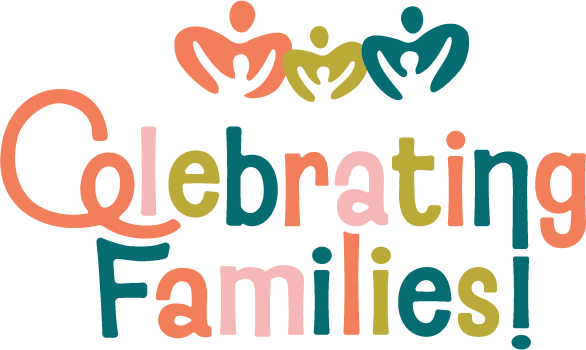CFC #12020
Venmo @NacoaVoice4Children
CFC #12020
Venmo @NacoaVoice4Children

Anyone employed in a Court System is aware of the staggering percentage (65%) of arrestees and inmates, who meet the criteria for substance abuse (National Center for Addiction and Substance Abuse). Within the population of parents who lose parental rights, there is also a significant percentage of parents with substance use and mental health disorders. (Children and Youth Services Review, in press) The correlation between court appearances and substance use disorders is remarkable. Many of these arrestees, inmates and parents who lose parental rights are addicted mothers and fathers, and/or they are the grown children of individuals who came from homes with alcohol or other drug problems.
What about the children of the arrestee or inmate or the children who now find themselves in foster care? They suffer many of the consequences of their parent’s actions, including the effects of substance use and/or mental health disorders.

Celebrating Families! helps the whole family recover from the disease of addiction and have an opportunity to live a safe, healthy and happy life. Its focus is preventing children’s future addiction, as well as improving their mental and physical health. An evidence-based program, CF! has been shown by outside evaluators to strengthen recovery, improve family re-unification and increase healthy living skills for families impacted by substance use disorders. This multi-generational program brings together children, teens, and adults in recovery to heal, learn, and grow together. Listed on SAMHSA’s National Registry of Effective Programs and Practices, CF! is one of the few programs that engage all family members, addressing addiction, recovery and living skills in every session.
"Results have demonstrated consistently superior outcomes when manualized, cognitive-behavioral family interventions were added to the Drug Court, including … Celebrating Families! "
-Adult Drug Court Best Practices, Vol. II, National Assoc. for Drug Court Professionals (2015)
"FTCs that offered Celebrating Families! .... improved parenting capacity, increased participants’ understanding of their substance use disorder (SUD) and had fewer new maltreatment allegations.”
-Family Treatment Court Best Practice Standards. Center for Children and Family Futures and National Association of Drug Court Professionals (2019)
• Doubled reunification rates and reduced time to reunification for families in Dependency Drug Court (Brook et al., 2015).
• Significant increases in effective parenting skills, including positive discipline strategies (Sparks et al., 2013).
• Demonstrated effectiveness in Hispanic communities (Coleman, 2006).
• Strengthened protective factors, such as an 80% increase in family meals, emotional expression, and community service engagement (Sparks et al., 2013).
• Successful online adaptation, leading to measurable improvements in family outcomes (Cohen & Tisch, 2020).
• 93% no longer used substances to cope with emotions like sadness or anger.
• 91% of children reported they feel “more hopeful about their family’s future.”
• 89% of parents talk to their children about feelings.
• 89% of parents reported improved communication and connection with their children.
• 83% of participants said they use fewer harmful coping strategies post-program.
• 100% of parents said they are good at protecting their child’s safety.
• 94% of parents are now strong advocates for their children.

Esential Guidance Provided By the National Center on Substance Abuse and Child Welfare
The goal of the toolkit is to strengthen collaboration and provide training to child welfare staff to better understand the safety needs of children and their parents. The toolkit includes two briefs and a presentation package for SUD treatment and recovery professionals to strengthen their capacity to provide outreach and training to child welfare agencies.